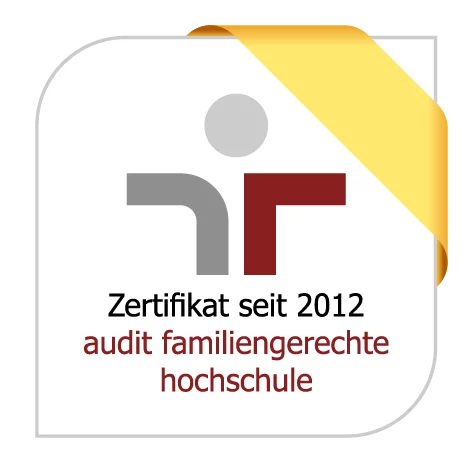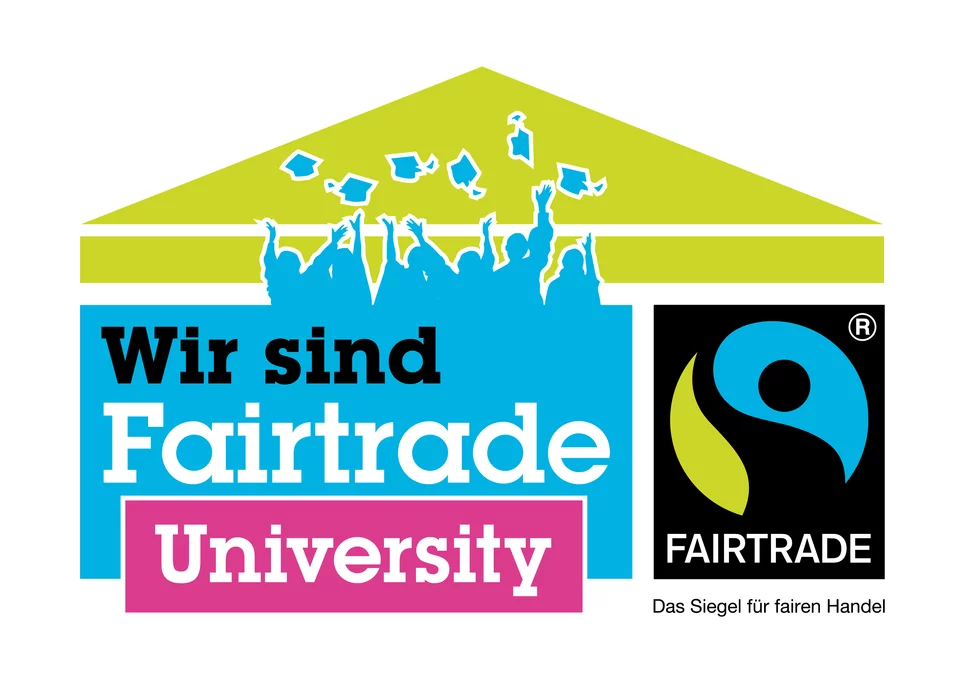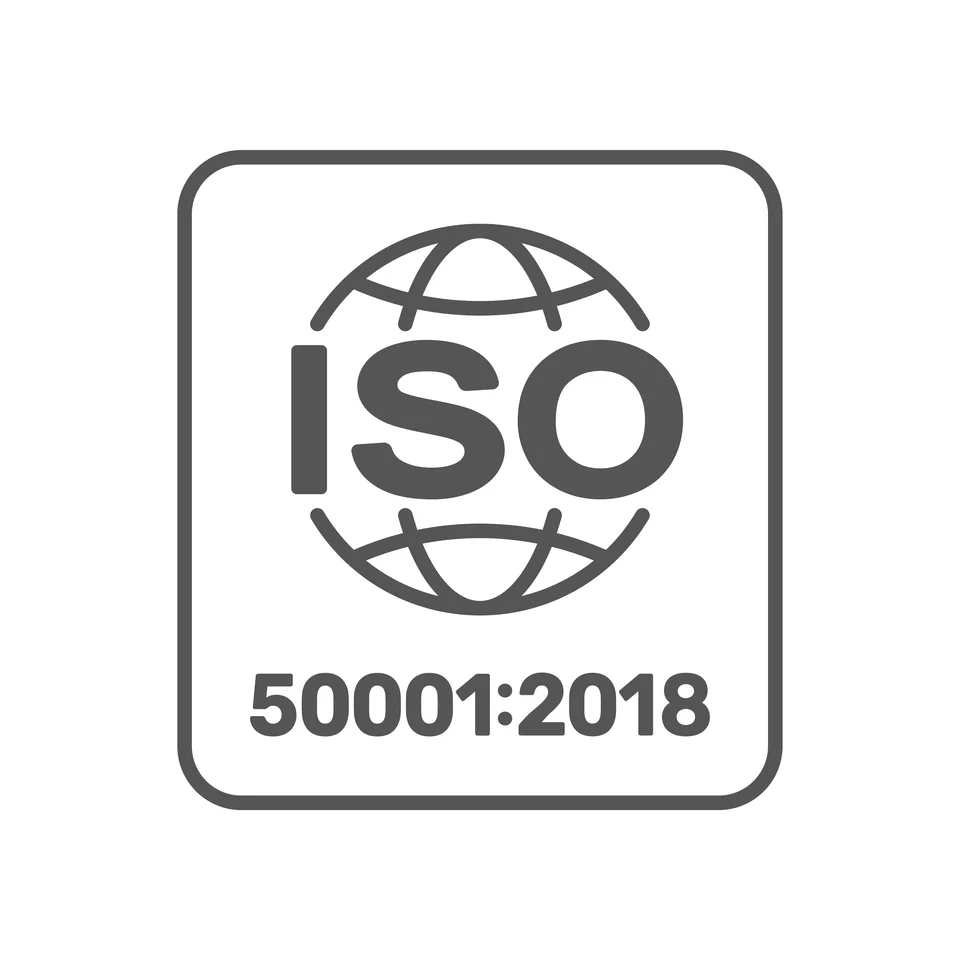More and more data is generated about businesses
News
“More and more data is generated about businesses and our private life” – Peter Trkman from the University of Ljubljana, Slovenia
During the pandemic, we conduct more and more of our lives online. Using these data to improve the processes of a company or an individual is what intrigues Peter Trkman from the University of Ljubljana. As a guest professor at Pforzheim Business School, he gave a remote lecture on Business Process Management. In the interview with student reporter Ronja Baier he talks about the rise of digitalization, international exposure and how the double degree program between Pforzheim and Ljubljana shapes international experiences.
As a Professor of Information Systems and Supply Chain Management your focus is on digital transformation. What do you find particularly fascinating about it?
There are many aspects. One interesting thing is how the field is changing, how business process management and digital transformation is gaining importance because today – especially now after the COVID-19 crisis – we do conduct our lives online, which means that more and more data is generated about businesses and our private life. An interesting aspect is how you can use the data to improve the processes of a company or of an individual.
The pandemic accelerated the digital transformation…
Definitely. Some say that we've done in two years what would otherwise take ten years. Especially the long term changes are interesting to me. For example, how the university will look like in five years. The way you have studied up to two years ago was very very similar to how my father was studying 60 years ago. You went to classes and listened to a professor who had PowerPoint instead of an overhead projector. Now there are tremendous opportunities for any university and any company and long-term changes that will lead to a new normal. We don't know yet how this new normal will look like, but it will definitely be exciting.
As part of the new normal during the pandemic, you taught remotely from Slovenia. Did you miss the interaction with students onsite?
Online lectures are different because you do get to see the audience but you don't get the same feedback. For the lectures in Pforzheim, I have used several of my own consulting and research cases to actually bring something new to the students. That is my approach to teaching to new audiences. I plan to visit Pforzheim in person soon. It's not just about online or offline teaching but the whole experience, like having a coffee together, the feeling when you walk around campus and just observe people and their behavior. An executive from Google once said he learns most about a company when he walks through the cafeteria during lunch time. If there are a lot of people eating lunch alone, that means there is not a good corporate culture.
You have been a visiting professor in other countries before like for example Peru or India. What is your main motivation to teach internationally?
It's a funny story. It started as a joke by a student of mine, who came to me after the first lecture of informatics and said he found my lecture to be racist because I've just portrayed Indians as sources of cheap or cheaper labor and he didn’t find it appropriate. I've started to apologize to him, explaining that it was not my intention and then he said after five minutes of my apologies: “No problem professor, I'm just kidding, I am from Dominican Republic anyway”. But after that I realized as a professor of information system management, I don't know enough about Asian countries. In Asia, the information systems are developing very quickly. They are very important countries, not just as a location for outsourcing but also as markets to European companies. That's why I decided the best way to learn more about that is to go there, meet people, discuss and learn new things from professors, companies, and students.
You also serve as an academic coordinator for the double degree Master’s program in Information Systems between Pforzheim and Ljubljana.
Yes. We have managed to bring together the best of two worlds. Pforzheim is more applied. Our Slovenian students like the practice oriented courses, where they can work together with companies and get hands-on knowledge on state of the art tools. On the other hand, the students from Pforzheim coming to Ljubljana get a slightly more strategy oriented courses in terms of process management, information systems management, business analytics and also research methods. Another unique aspect is that all students write their thesis under the supervision of two professors, one from Ljubljana and one from Pforzheim. This gives them two mentors instead of one. There were many very high-quality theses, which were important both for theory and for practice.
A semester abroad at the University of Ljubljana is very popular among our students. In your experience: why is your university particularly attractive for students from Pforzheim?
First, I think our university takes the best from East and West. Slovenia is ideally located between Eastern and Western Europe. We have a combination of German mentality and that South European enjoyment of life. Second, our school is really top in research and teaching in several domains, not just digital transformation but also tourism, management, and marketing. Ljubljana, is a nice city with a very charming city centre. Within an hour drive you have seas, spas, vineyards, old cities and my winter favorite: cross country skiing! If you have a day off you can get many natural or cultural experiences.
Thank you very much, Professor Trkman!
Established in 1919, the University of Ljubljana is the oldest and largest higher education and scientific research institution in Slovenia. Nearly 40,000 undergraduate and postgraduate students are enrolled in the university’s 23 faculties and three arts academies, which are mainly located in the city centre of Ljubljana. It welcomes about 2,000 foreign exchange students each year. The University of Ljubljana teaches and practices research in humanities, social sciences, arts and natural sciences and technology. It employs approximately 6,000 higher education teachers, researchers, assistants and administrative staff.




